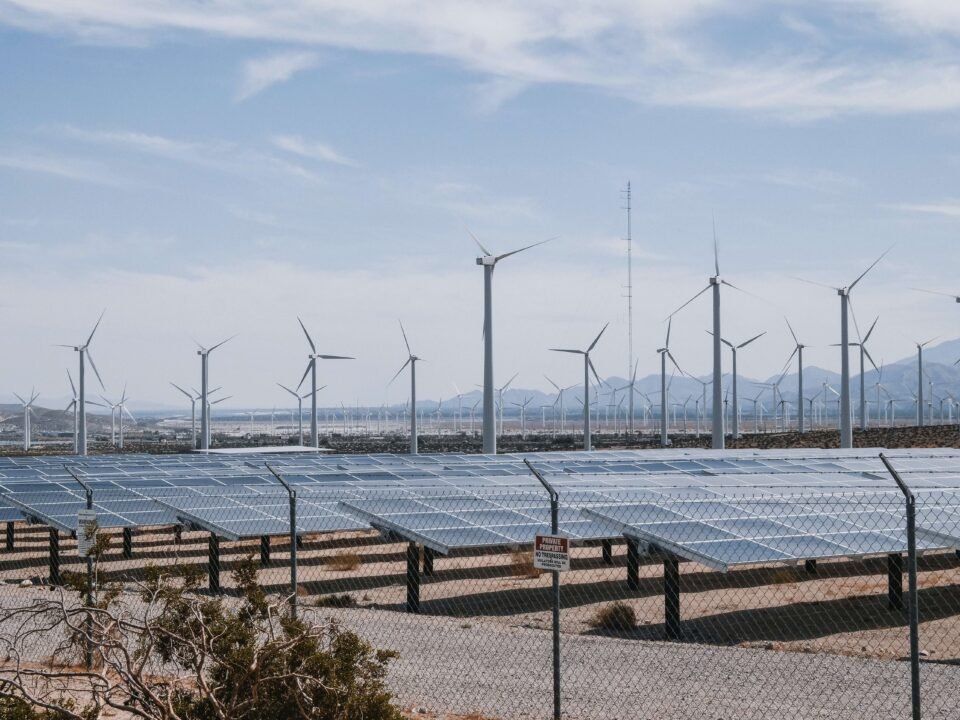While the positive impact of solar energy usage is obvious, its expansion continues to face
many obstacles. Some push back stems from perceived economic disruption, prejudice and
cultural shifts that local communities may feel are occurring too rapidly and feel uncomfortable with it.
Another major obstacle is to find the right match for the local utility company. The adoption of solar faces the reality that a grid can’t be established unless local utility companies agree to it. If they don’t voluntarily participate in a community solar program, legislators are left with no choice but to mandate their involvement.
The fossil-fuel industry or non renewable source of energy and its lobbyists are perhaps the
loudest political detractors of renewable s as they represent a legacy energy sector which has
monopolized or used single handedly utilities for over a century. With the undeniable effects of climate change becoming more hazardous and harmful for all, the influence of oil and gas
appears to be waning.
People working for the fossil-fuel industry represent one barrier to the expansion of solar energy. As it’s their bread and butter. These people have spent years bettering their art and skill to produce energy this way. Shutting down on the industry completely would be a harsh step to take.
Community Solar Power: Making Solar Energy More Accessible For Low and Median Income
Communities. Ironically and surprisingly, as much as solar is regarded as an environmentally
responsible alternative to fossil-fuel, it can face opposition from environmental groups.
Environmental activists who fear the impact of large solar farms on local ecosystems that can be hard, can hold or quash down projects before they launch.
Conclusion
Community solar programs are a formidable catalyst for encouraging the equitable distribution of renewable energy to all. Though these programs face obstacles, their success in certain states acts as a model for future adoption throughout the country.
This paper was authored by the Energy Education & Research Institute, a foundation committed to promoting energy conservation through education, research and innovation. We believe in insightful and impact- oriented research that hinges on diverse people and practitioners working together to research and address complex problems and opportunities at the intersections of energy, innovation, and society.
Clearly the adoption of solar and other types of renewable energy is mostly voluntary at the
moment, incentives should be widely utilized to encourage buy- in by commercial and
residential participants.




